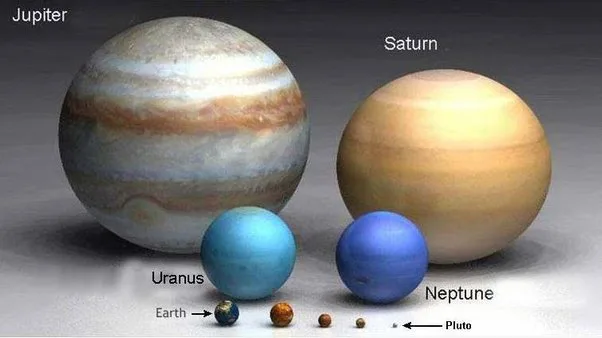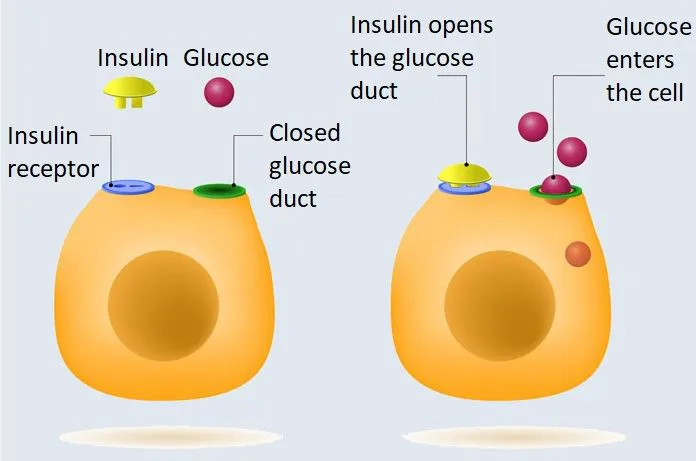“The Plague” is a book written by Albert Camus in 1947. The story is set in Oran, a city in French Algeria, and describes what happens when a deadly disease spreads through the city. We don’t know who the person telling the story is until the last chapter. The book shows what life is like in Oran during the plague.
Read MoreMonth: June 2024
Interview: Dr. Andy Wang, a Bioelectronics Scientist at the University of Cambridge, England
Meet Dr. Andy Wang, PhD, a leading researcher in the Biointerface Group at the University of Cambridge, under the esteemed Prof. Shery Huang. Dr. Wang brings a wealth of expertise to the field, having earned a Bachelor’s degree in Mechanical Engineering from the prestigious Tsinghua University in 2016, followed by a PhD in the same field from the world-renowned Cambridge University Engineering Department in 2021.
Read MoreBook Review: Kafka on The Shore by Haruki Murakami
Haruki Murakami’s works are quite intriguing. “Kafka on the Shore” is my second read after “Norwegian Wood”. It was first published in 2005. The book was acclaimed by The New York Times as one of “The 10 Best Books of 2005” and earned the prestigious World Fantasy Award for 2006.
Read MoreBook Review: The Book Thief by Markus Zusak
“The Book Thief” is a historical fiction novel written by Markus Zusak. It was first published in 2005. When I began reading the book, I immediately knew I would enjoy it. The writing style was refreshingly straightforward, and the unique perspective of Death as the narrator flowed seamlessly.
Read MorePlanetary Puzzle: Aquodiium Ions may Influence Uranus and Neptune’s Magnetic Fields
Scientists from Skoltech and their Chinese colleagues have discovered conditions that might allow for the existence of a unique ion called aquodiium. This ion is essentially a water molecule that has gained two extra protons. This means, the “regular” H₂O formula with two additional protons (H⁺), will make its chemical formula H₅O²⁺.
Read MoreInsulin Resistance: Ketones Found to Revive Neuron Function
Recent research conducted by the Del Monte Institute for Neuroscience at the University of Rochester focused on understanding how ketones affect the brain’s hippocampal network. The hippocampus is a crucial brain region involved in memory formation and spatial navigation.
Read More





